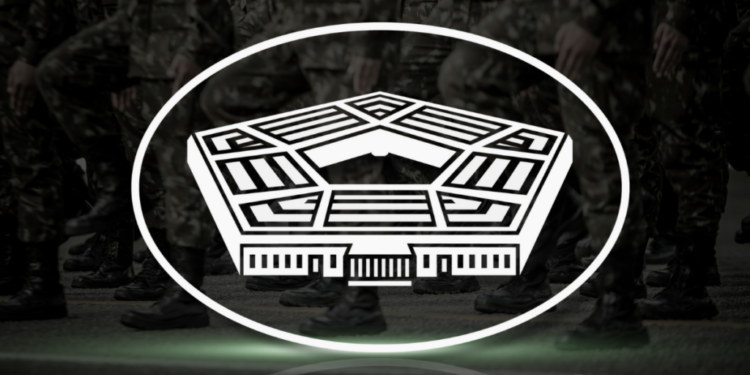
- The Pentagon is out with its first draft of what could become the biggest government AI contract in history. Potential bidders have a little under a month to offer feedback on the draft RFP for what DoD is calling the Advancing AI Multiple Award Contract. Officials expect the new vehicle to be worth up to $15 billion over the next 10 years. DoD wants to use to contract to continue to build Advana, its main data analytics platform. But the contract will also be open to all DoD organizations to help them buy other AI capabilities.
- The Postal Service expects billion-dollar upgrades will mean better performance this holiday season. USPS officials say a nationwide overhaul of its facilities will allow the agency to handle up to 60 million packages a day this holiday season … surpassing previous records. This is also the first holiday season where USPS will send some of its custom-built electric vehicles out on routes. USPS Chief Retail and Delivery Officer Joshua Colin says the new vehicles have twice the cargo capacity of their predecessors.
“Thanks to the substantial progress we have made under the Delivering for America plan, we are confident [and] well-positioned to handle the peak season surge,” Colin said. - A government watchdog is urging the White House National Cyber Director to lead a national quantum computing cybersecurity strategy. In a new report, the Government Accountability Office found agencies have made progress in standardizing post-quantum cryptographic standards. And they’ve also made some initial preparations for migrating federal systems to quantum-safe cryptography. But GAO says those efforts could fall short without stronger leadership. Some experts predict a computer capable of breaking current encryption methods will be developed in the next 10 to 20 years.
- Two House lawmakers want to expand on the National Science Foundation’s CyberCorps Scholarship for Service program. The CyberCorps Enhancement Act would extend scholarship support from three years to five opening up the scholarship for service program to more students pursuing advanced degrees. Virginia Democrat Gerry Connolly and Alabama Republican Dale Strong are co-sponsoring the bill. They say it would help agencies attract more in-demand cyber talent. The bill would also clarify that the full amount of a CyberCorps student’s loan is eligible for forgiveness under the program.
- The Office of Information and Regulatory Affairs or OIRA is laying out a series of steps to help agencies better deal with the “stuffing of the comments box.” OIRA Administrator Richard Revesz says these efforts help fulfill the goals of President Joe Biden’s April 2023 executive order to modernize the federal regulatory process. One of the new tools is from the General Services Administration, which is offering a de-duplication capability to better manage mass comments. A second initiative is trying to deal with compputer-generated comments from artificial intelligence tools. OIRA says along with the reCAPTCHA version 2 verification service, it will work with GSA to implement additional checks at the front end of the comment submission system.
- The Department of Health and Human Services is staying close to home for its new lead technology executive. Jennifer Wendel finally has the acting part removed from her title and is the permanent chief information officer at HHS. HHS announced its decision to make Wendel the CIO on November 18. She has been the acting CIO since last November when Karl Mathias left for a new role at NASA. Wendel becomes the ninth CIO in the last eight years at HHS. She joined HHS in January 2023 as the deputy CIO and previously worked for the FBI for almost 19 years before coming to the department.
- A governmentwide council of chief data officers is scheduled to disband early next year. But a bipartisan bill to keep it running is making its way through Congress. The House Oversight and Accountability Committee advanced the Modernizing Data Practices to Improve Government Act last week. The bill would keep the federal CDO Council running through 20-31. It would also require the CDO Council to focus on helping agencies adopt artificial intelligence tools. The bill made it through the Senate Homeland Security and Governmental Affairs Committee in September.
- A significant update to Army cybersecurity policy. A memo Army CIO Leo Garciga (gar-CEE-gah) signed last week makes changes to how the service implements the Risk Management Framework, saying it’s time to “reset” the Army’s approach to RMF and make it more efficient. The memo calls for more “decentralized” decision-making on cyber risks, while also updating the Army’s approach to continuous monitoring and security controls. Find a link to the memo at federalnewsnetwork.com.
Copyright
© 2024 Federal News Network. All rights reserved. This website is not intended for users located within the European Economic Area.






